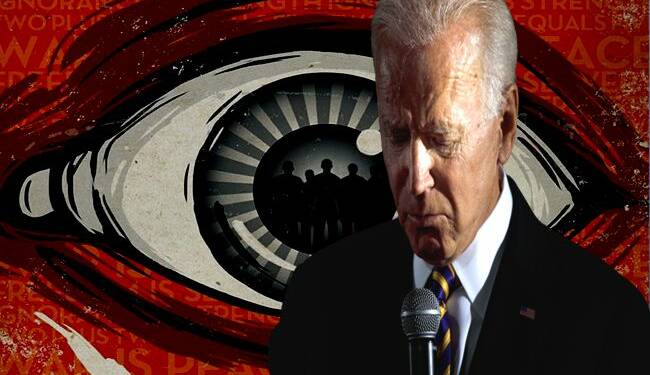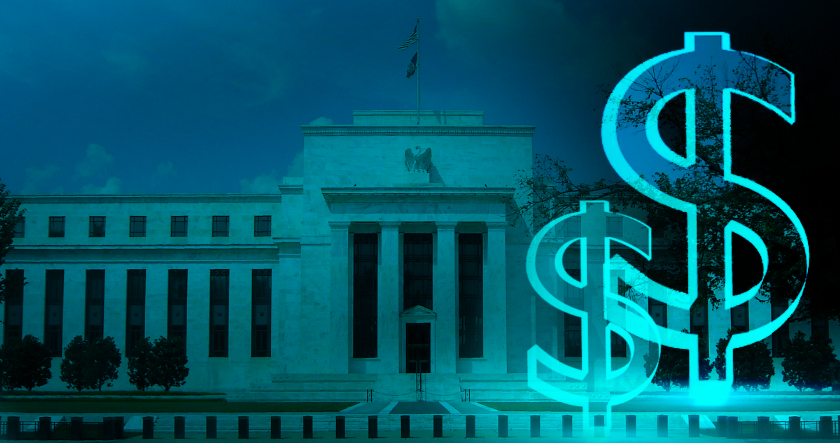House Republicans Accuse Biden Administration of Playing “Big Brother” with Proposed Digital Dollar

The latest political drama to hit the headlines involves House Republicans accusing the Biden Administration of trying to push through a “Big Brother”-style digital dollar. It seems that the proposed digital version of the US dollar has raised some eyebrows among the Republicans, who are concerned that it could lead to a surveillance state where the government has unprecedented access to individuals’ financial data.
While the idea of a digital dollar may sound appealing to some, the potential for the government to become a “watchful eye” over citizens’ financial transactions is a real cause for concern. Who wants the government looking over their shoulder as they make purchases and conduct business?
Of course, supporters of the digital dollar argue that it could have significant benefits, such as reducing the complexity and cost of financial transactions. But, let’s be honest, the prospect of having our financial lives laid bare for all to see is hardly an enticing prospect.
The centralized nature of the digital dollar also raises significant concerns. It’s well-known that centralized systems are more vulnerable to cyber-attacks and hacking, meaning that sensitive financial data could be exposed to malicious actors. Additionally, there are concerns that the government could use this information to control and manipulate citizens’ behavior – a dystopian scenario that we thought only existed in the pages of Orwell’s “1984.”
|
Given the potential risks and challenges associated with the digital dollar, it’s clear that caution and critical thinking are needed when evaluating this proposal. While there may be some benefits, such as reducing fraud and making financial transactions easier, the potential loss of privacy and the risks associated with centralized systems should not be ignored.
In conclusion, the debate over the digital dollar is a reminder that we must always be vigilant when it comes to government proposals that could affect our privacy and freedoms. While some politicians may view the digital dollar as a way to increase efficiency and reduce fraud, it’s important to consider the potential risks and challenges associated with this proposal. After all, do we really want the government playing “Big Brother” in our financial lives?










No Comments